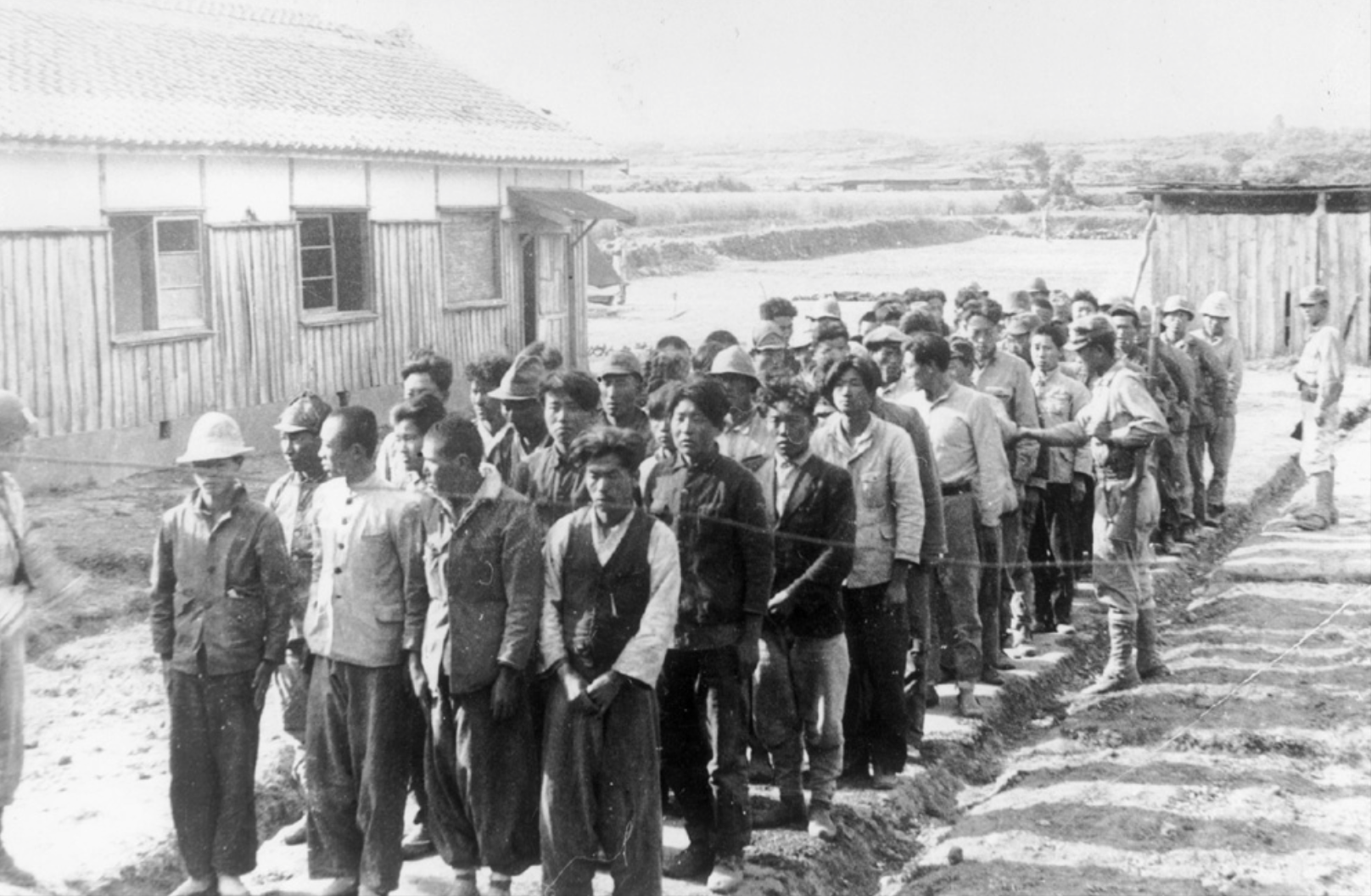
Jeju uprising
Jeju, Jeju-do, South KoreaResidents of Jeju opposed to the division of Korea had protested and had been on a general strike since 1947 against elections scheduled by the United Nations Temporary Commission on Korea (UNTCOK) to be held only in the territory controlled by the United States Army Military Government in Korea. The Workers' Party of South Korea (WPSK) and its supporters launched an insurgency in April 1948, attacking the police, and Northwest Youth League members stationed on Jeju mobilized to violently suppress the protests. The First Republic of Korea under President Syngman Rhee escalated the suppression of the uprising from August 1948, declaring martial law in November and beginning an "eradication campaign" against rebel forces in the rural areas of Jeju in March 1949, defeating them within two months. Many rebel veterans and suspected sympathizers were later killed upon the outbreak of the Korean War in June 1950, and the existence of the Jeju uprising was officially censored and repressed in South Korea for several decades.
The Jeju uprising was notable for its extreme violence; between 14,000 and 30,000 people (10 percent of Jeju's population) were killed, and 40,000 fled to Japan. Atrocities and war crimes were committed by both sides, but historians have noted that the methods used by the South Korean government to suppress protesters and rebels were especially cruel, with violence against civilians by pro-government forces contributing to the Yeosu-Suncheon rebellion in South Jeolla during the conflict.
In 2006, almost 60 years after the Jeju uprising, the South Korean government apologized for its role in the killings and promised reparations. In 2019, the South Korean police and defense ministry apologized for the first time over the massacres.
